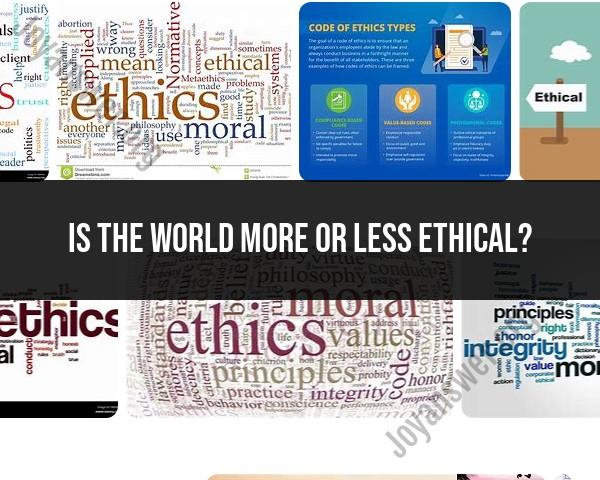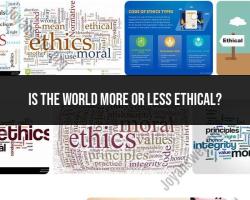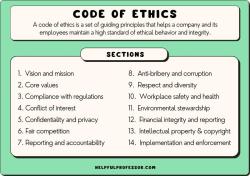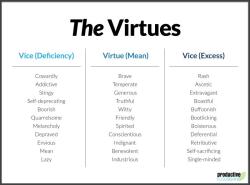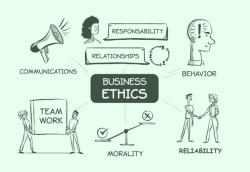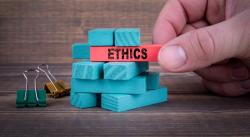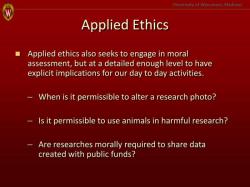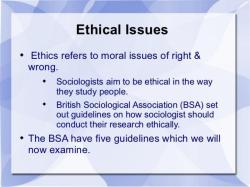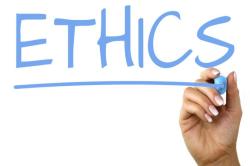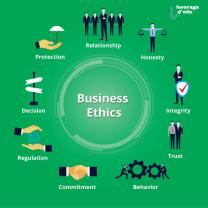Is the world more or less ethical?
Assessing whether the world is becoming more or less ethical is a complex and subjective task, as ethical perspectives can vary among individuals and cultures. Additionally, ethical considerations span a wide range of issues, from environmental sustainability and social justice to business practices and human rights. Here are some trends and perspectives that people often consider when discussing the ethics of the world:
Trends and Perspectives:
Advancements in Human Rights:
- Progress has been made in recognizing and advocating for human rights globally. Efforts to address issues such as gender equality, LGBTQ+ rights, and racial justice have gained momentum.
Environmental Awareness:
- There is an increasing awareness of environmental issues and the need for sustainable practices. Climate change concerns have led to discussions and actions aimed at reducing carbon footprints and promoting environmentally friendly policies.
Technological Ethics:
- The rapid advancement of technology has raised ethical concerns related to privacy, data security, artificial intelligence, and the impact of automation on employment. Efforts are being made to establish ethical guidelines in these areas.
Global Cooperation:
- Collaborative efforts among nations and international organizations to address global challenges, such as the COVID-19 pandemic, demonstrate a commitment to collective well-being and ethical considerations.
Social Movements:
- Grassroots movements and social activism continue to push for ethical reforms in various sectors. Movements advocating for justice, equality, and accountability highlight a growing demand for ethical behavior and systemic change.
Corporate Social Responsibility (CSR):
- Many companies are adopting corporate social responsibility initiatives, recognizing the importance of ethical business practices. CSR involves businesses contributing to societal well-being, beyond profit-making goals.
Challenges to Ethics:
- Despite positive trends, challenges to ethics persist. Issues such as corruption, human rights abuses, and geopolitical conflicts raise concerns about ethical behavior in certain regions and institutions.
Information Ethics:
- The era of information brings ethical considerations related to the spread of misinformation, online hate speech, and the impact of social media on public discourse. Efforts are ongoing to address these challenges responsibly.
Healthcare Ethics:
- The COVID-19 pandemic has highlighted ethical considerations in healthcare, including vaccine distribution, access to medical resources, and equitable healthcare practices.
Cultural and Moral Diversity:
- Ethical perspectives vary across cultures and societies. Acknowledging and respecting diverse moral values is essential when assessing global ethics.
It's important to recognize that ethical assessments are subjective and can be influenced by individual perspectives, cultural backgrounds, and personal values. While positive trends in human rights, environmental consciousness, and social justice are evident, challenges and ethical dilemmas persist. Ongoing dialogue, global cooperation, and collective efforts to address ethical concerns can contribute to creating a more ethically conscious world.
Navigating the Murky Waters: Ethics in a Globalized World
The question of whether the world is becoming more or less ethical in business and societal conduct is a complex one, devoid of a simple yes or no answer. It's a tapestry woven from diverse trends, evolving perspectives, and both promising advancements and persistent challenges. Let's delve deeper:
1. A Nuanced Perspective:
- Progress and Regression: We witness advancements in human rights, corporate accountability, and environmental awareness. Yet, inequalities persist, corruption surfaces in new forms, and technological disruptions raise novel ethical dilemmas.
- Subjectivity and Cultural Shifts: Concepts of "ethical" vary across cultures and evolve over time. What was deemed acceptable decades ago might not hold true today, making assessments inherently complex.
2. Global Influences:
- Interconnectedness: Globalization fosters rapid cultural exchange and information sharing, impacting ethical perceptions. Movements like #MeToo or climate activism demonstrate this interconnectedness in influencing global ethical awareness.
- Technological Advancements: AI, data privacy, and automation raise new ethical questions regarding bias, transparency, and control.
- Economic and Political Forces: Global economic disparities and political conflicts can exacerbate unethical practices like resource exploitation or human rights violations.
3. Measuring the Unmeasurable:
- Metrics and Data: Quantifying ethical progress is challenging. While indicators like corruption indices or sustainability rankings offer insights, they are incomplete and susceptible to bias.
- Subjective Perceptions: Individual experiences and cultural contexts color our perceptions of ethical progress, making universal measurement difficult.
4. Technology's Double-Edged Sword:
- Transparency and Accountability: Digital tools can expose unethical practices and facilitate global information sharing, potentially holding individuals and organizations more accountable.
- New Dilemmas and Power Dynamics: Technological advancements like facial recognition or deepfakes raise new ethical concerns regarding privacy, manipulation, and surveillance, requiring ongoing consideration and regulatory frameworks.
5. Fostering a More Ethical World:
- Individual Actions: Embracing ethical values in personal conduct, choosing responsible products and services, and holding yourself and others accountable set a positive example.
- Organizational Responsibility: Businesses committed to ethical practices, transparency, and stakeholder engagement can create a ripple effect for good.
- Collective Action: Supporting NGOs, ethical consumer movements, and advocating for strong legal frameworks can contribute to systemic change and improved ethical standards.
Ultimately, navigating the ever-evolving ethical landscape requires embracing complexity, acknowledging both progress and remaining challenges, and actively contributing to solutions through our individual and collective actions. By fostering open dialogue, embracing ethical values, and holding ourselves and others accountable, we can strive towards a future where ethical considerations truly become a driving force for a better world.
Remember, the journey towards a more ethical world is a continuous one, demanding ongoing discussion, critical reflection, and commitment to taking action. Each individual and organization holds the power to contribute to this collective effort, weaving a brighter tapestry of ethical conduct for our globalized future.
